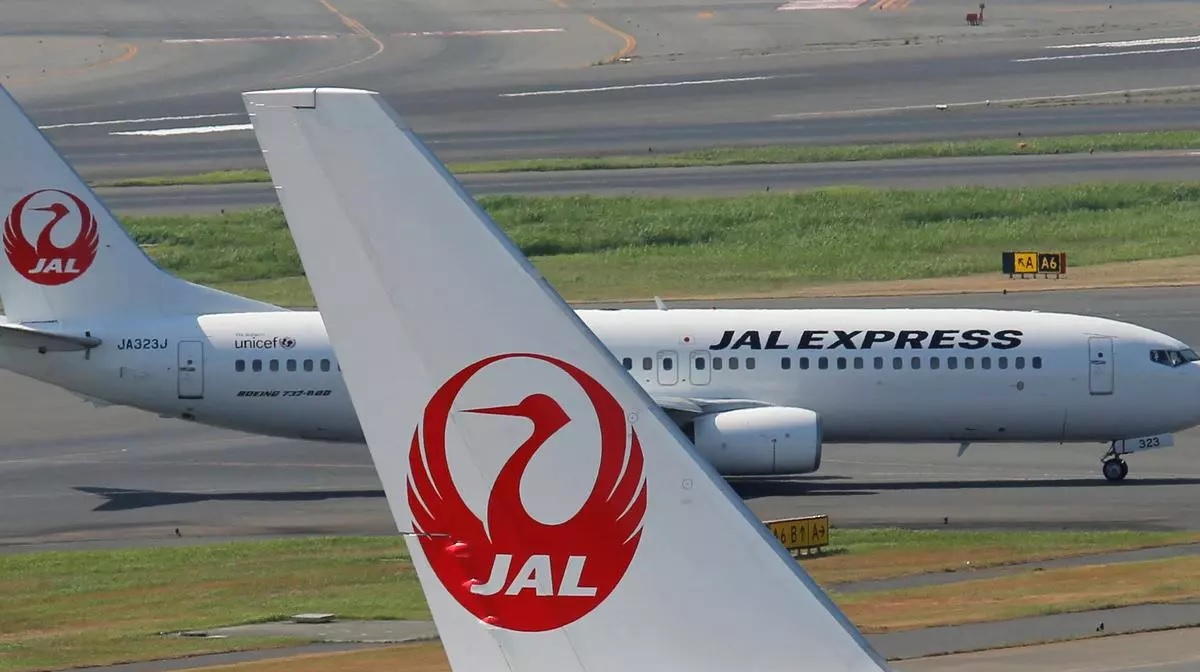Cyber Turbulence: Japan Airlines Faces Cyberattack
Japan Airlines (JAL), one of the leading carriers in the aviation industry, fell victim to a cyberattack on Thursday, leading to delays across several flights. While the airline has assured passengers that the disruptions were minimal, the incident has ignited a broader debate about the vulnerability of airlines to digital threats.
The attack reportedly targeted the airline’s reservation and communication systems, causing temporary outages that hampered flight scheduling and passenger assistance. Though JAL swiftly restored its services, the episode has raised eyebrows among cybersecurity experts and frequent flyers alike.
Opinions are divided over the preparedness of aviation giants like JAL in tackling such threats. Many argue that the incident highlights the urgent need for robust cybersecurity frameworks, especially in an era where aviation heavily depends on digital infrastructure.
"Airlines are becoming prime targets for cybercriminals due to the sensitive data they handle," said cybersecurity analyst Hiroshi Takahashi. "This is not just about delays; it's about the trust passengers place in the safety of their journeys."
Passengers, while understanding of the situation, expressed concerns about the broader implications. "If airlines can’t safeguard their systems, what does it mean for our personal data and flight safety?" questioned a traveler at Haneda Airport.
This incident underscores the growing necessity for airlines to invest in advanced cybersecurity measures. With passenger trust at stake, the industry must treat such threats as seriously as it treats operational safety. Japan Airlines’ swift recovery is commendable, but this episode is a wake-up call for the entire sector.





